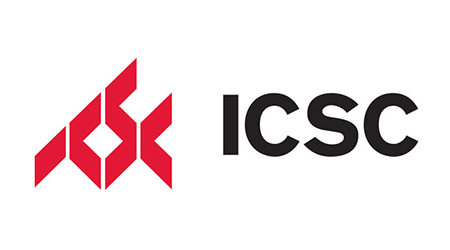Pivoting to curbside pickup service has helped some retailers preserve business during the COVID-19 lockdown.
By Brannon Boswell
Via ICSC
Best Buy CEO Corie Barry said the retailer’s abrupt shift to curbside pickup in March has been a “remarkable success,” helping the company retain 70 percent of its sales. Online sales have climbed 250 percent in that time, with the balance split between curbside pickup orders and orders shipped to homes, she added.
Bed Bath & Beyond Inc. launched curbside pickup at its BuyBuyBaby stores on April 1. “In the first full week alone, we completed more than 11,000 curbside orders,” said Mark Tritton, Bed Bath & Beyond Inc. president and CEO. Net sales on the digital side have grown more than 90 percent to date for the month of April year over year, he added.
To accommodate increased demand, other companies are converting closed stores into online fulfillment centers. Whole Foods has converted stores in Baltimore, New York City and San Francisco into processing centers for online orders and local deliveries. Meanwhile, Pennsylvania’s liquor agency will open 100 shuttered state-owned liquor stores to help process online orders. Bed Bath & Beyond Inc. has converted 25 percent of its Bed Bath & Beyond and BuyBuyBaby stores in the U.S. and Canada into regional fulfillment centers. The move allows the retailer to assign online orders locally and deliver quickly.
Some small businesses are staying open and serving local communities by adding essential merchandise. In Charlotte, local bars and restaurants are converting into miniature grocery stores where customers can shop by appointment.
Other retailers are turning to virtual events to keep customers’ attention. Book stores are streaming interviews with authors online, and toy stores are hosting virtual birthday parties. Chicago supermarket chain Mariano’s, a division of Kroger, introduced its own online platform to host cooking classes, wine tastings and mixology sessions with local tastemakers.

